|
Seated row, from left to right; 1- Lieutenant General Nguyen Nhu Van, former Director General of General Department II; 2- Comrade Tran Quoc Huong, former Secretary of the Party Central Committee, Head of the Central Internal Affairs Commission; 3- Comrade Tran Hieu, former Director General of Department II; 4- Lieutenant General Vu Chinh, former Director General of General Department II; 5- Major General Dang Tran Duc (Ba Quoc), Hero of the People's Armed Forces Second row, from left to right; 3- Major General Nguyen Van Khiem (Sau Tri), former Head of the Intelligence Department of Region J22; 4- Colonel Le Huu Thuy (Nam Thuy), Hero of the People's Armed Forces; 5- Major General Vu Ngoc Nha (Hoang Duc Nha), Hero of the People's Armed Forces Third row, from left to right; 1- Major General Pham Xuan An (Hai Trung), Hero of the People's Armed Forces |
Absolutely comply, proactively create
"The most special feature of the National Defense Intelligence is that it is placed under the absolute and direct leadership in all aspects of the Party, the direction of the Central Military Commission, and the Ministry of National Defense in all intelligence fields. The tasks, measures, and achievements of intelligence are all from the Party's policies and guidelines; once assigned, it must strive to complete the task" - Lieutenant General Luu Duc Huy, former Director of General Department 2, confided about the crucial issues, difficult "tasks", and difficult tasks that the General Headquarters assigned to intelligence during the Resistance War against the US. That is, in terms of politics, it is necessary to grasp all plots, tricks, and internal situations of the US; the politics of the Republic of Vietnam. In terms of diplomacy, it is necessary to clearly understand international support for the Vietnamese people; the anti-war movement in the US. In terms of economy, it is necessary to clearly understand US economic and military aid; the spending of the Saigon government. In terms of military, it is the major strategies of the US-puppet; specific military plans...
"After 1973, the US was forced to withdraw its troops according to the Paris Agreement, but continued to provide military aid, sabotaging the Agreement with the strategy of "Vietnamizing the war". The "most important" question assigned to the intelligence networks of that period, including our H63 cluster, was: "Will the US send troops back when we fight a big war?"
|
Colonel Nguyen Van Tau (Tu Cang), Head of Intelligence Group H63, front row, second from right, participated in the takeover of Saigon after the liberation on April 30, 1975. Source: General Department II. |
In July 1974, the Regional Intelligence Department - J22 obtained a report from the General Staff of the Army of the Republic of Vietnam on the planned plan for 1975, including special information: The level of US reinforcements on the southern battlefield; The level of difficulties in Saigon; US aid was cut; the Republic of Vietnam did not recruit enough soldiers... The information from Mr. Pham Xuan An, Ba Minh and many other spy networks allowed the National Defense Intelligence to confirm: In 1974, the enemy had to retreat, accepting to give up land if lost. The revolutionary situation changed rapidly. Accurate forecasting and seizing opportunities were practical requirements.
From December 18, 1974 to January 8, 1975, the Politburo held an expanded conference and assessed: "We are facing a great strategic opportunity... In addition to the basic two-year strategic plan for 1975-1976...: If the opportunity comes in early or late 1975, then immediately liberate the South in 1975" (Chronicle of events of the Party's leadership of the military and national defense in the Vietnamese revolution (1930-2000) - Ministry of National Defense, War Summary Steering Committee. People's Army Publishing House - H.2021, p.290).
In January 1975, we captured Phuoc Long, the South was shaken, the enemy did not show any signs of determination to retake it like in Quang Tri in 1972, the General Headquarters raised the question again: "If the puppet army is in danger of total collapse, will the US intervene militarily?". The correct answer will contribute to deciding the proactive solution: if the US intervenes, we will fight differently, if the US abandons the South, we will fight differently.
During those days when “one day equals twenty years”, Mr. Pham Xuan An quickly sent documents with 5-6 rolls of film to the base, including very important documents from the Strategic Research Board of the Saigon Government, chaired by General Nguyen Xuan Trien. The first time, Mr. An sent a summary. The second time was the original - the “essence” document (as Lieutenant General Luu Duc Huy often used). The research sent to President Nguyen Van Thieu affirmed: “The US Army will not return to the South. The 7th Fleet will not return to the East Sea. The US will not use B52 bombers in the Indochina battlefield. The US continues to cut aid budget for the Republic of Vietnam, including defense". In particular, the document clearly states that the weakest and most difficult place to protect is the Central Highlands battlefield, Tactical Zone 2. In Tactical Zone 2, the most dangerous battlefield is Buon Ma Thuot. If the communists attack Buon Ma Thuot, the entire Central Highlands defense system will collapse, and we will have to retreat to defend in the plains! - Colonel Tu Cang commented: "Learning from the experience of the Korean War, when the Chinese and North Korean troops poured into southern Korea, the US 7th Fleet immediately intervened. Is the US like that now? In response to the above question, we ask you to find out and answer with full responsibility. Because the impact of the question has strategic significance, it will help us proactively fight to win, minimizing our casualties and losses".
The decision of the Politburo and the Central Military Commission to attack Buon Ma Thuot in March 1975 broke the enemy's position at its "weakest" point. The next problem is when we concentrate our efforts to liberate the South, what will happen if the US returns? News from many sources shows that the biggest concern of the US at that time was not the danger of the Republic of Vietnam but "the honor of the United States". And that was the content of the telegram that US President G. Ford replied to President of the Republic of Vietnam Nguyen Van Thieu after the fall of Buon Ma Thuot. The problem is how to get that top secret content?
The Politburo's final decision on the General Offensive to liberate the South was the result of a synthesis of many sources of information, intelligence, and skillful military art, but an important role was also played by an intelligence officer deep inside the enemy. Comrade Nguyen Van Minh (aka H3) was responsible for receiving and storing incoming and outgoing documents between the Puppet General Staff Office and the Presidential Palace, the Ministry of Defense, and military regions. For more than 10 years working as a typist at the Puppet General Staff, there were secret documents that only 5 people knew, except for him, the other 4 were top-ranking. The trust of the generations of Chiefs of the General Staff with him was an exception: he was the only sergeant major allowed to enter the General Staff office without prior permission. That "lowly" sergeant major was the one who accessed the top secret telegram from President G. Ford to President Nguyen Van Thieu, copied it to Puppet Chief of the General Staff Cao Van Vien, and quickly transferred it to the General Headquarters. The news at the decisive moment helped confirm two key issues; "When we attack Saigon, the US will not directly participate in the war again" and "The US considers the war in Vietnam to have ended, the US will not support the puppet army with US combat forces" (top secret report). With many achievements and feats, he was awarded the rank of Intelligence Colonel and in 1999, H3 - Nguyen Van Minh was awarded the title of Hero of the People's Armed Forces by the Party and State.
|
Intelligence Colonel, Hero of the People's Armed Forces Nguyen Van Minh (Ba Minh, also known as H3), was placed in the office of the General Staff of the Army of the Republic of Vietnam and provided much valuable strategic intelligence information to serve the General Offensive and Uprising in the spring of 1975. Source: General Department II. |
On April 30, 1975, when the liberation army entered the Puppet General Staff, H3 was extremely moved. The diligent sergeant, with his own talent for arranging documents so that the 'boss' could have them when he needed them, and call them; for many years he had created for himself a cover of a person who was addicted to lottery, who wrote poems in his free time, guessed dreams, joys and sorrows, ate, slept, stayed up late, and stayed at the office because of his "addiction to lottery", now quietly changed into civilian clothes, filled with an indescribable joy. "It's been decades... That feeling is so happy... Now I've escaped the danger zone. I'm happy but I can't share it with anyone." That was also the mood of the famous Saigon journalist Pham Xuan An when he saw off his "informed sources" who were rushing to evacuate in the dying moments of the regime that he had been "serving" publicly for so long, and together with his teammates, contributed to its collapse from within with top secret reports - "Technically my mission was over, the country was unified and the Americans had left, but I could not reveal the truth to anyone." (X6 Perfect Spy, Hong Duc Publishing House, reprinted, supplemented in 2013, p. 282). |
"Always rely on the people and stay close to the enemy", determined "considered dead"
“In this profession, training 100 people to go, and having ten people stay, climb high and do their jobs well is also a victory. There are times when the net is broken, there are heavy losses, and then we have to rebuild from the people. Intelligence based on the people is a vital issue, a unique feature of Vietnam! The most important thing in the intelligence profession is absolute loyalty to the Party and the intelligence organization. You must have absolute faith in the inevitable victory of the revolution. You must be resourceful and creative in your activities. You must be ready to sacrifice for the mission” - Lieutenant General Luu Duc Huy shared.
In Colonel Tu Cang's memory, from an order about the intelligence situation, his network proactively learned and excellently completed the order given above. “In the first phase of Mau Than 1968, we suffered heavy losses. In the second phase, the Deputy Commander of the Northern Army, Tam Ha, suddenly wavered and surrendered. Mr. Sau Tri (Major General Nguyen Van Khiem), Head of the Intelligence Department of the J22 Region, asked me: “A high-ranking officer of ours has just surrendered. You must go to Saigon immediately to find the confession and see what he has to say.” I returned to the city to meet Mr. An, a spy under the guise of a journalist for TIME. Mr. An said, “You wait for me to meet the contact, but you can only see it for 15 minutes because it is top secret.” The confession was more than 20 pages long. After taking the photos, he invited me to the Continental Hotel to “see if the Americans know that he surrendered and how he reacted.” I sat waiting at the Givral cafe for about 20 minutes when he came and said: “Is there something interesting, Brother Tu?” - What’s good? “Over there, we know that this guy has already “surrendered”! But he confessed that “the Viet Cong are ready to fight.” The second wave" made the US President "confused", meaning "if we let the Viet Cong attack in the second wave, we can only negotiate and withdraw!". The "confusion" was worth a lot! Tam Ha returned "first" on April 19, and on April 20, I received the order, and sent it home the next day. Mr. Sau Tri praised "so timely!". In the assessment, the intelligence had advised on two issues, first, attacking strongly in Mau Than would weaken the US's will to invade, and if the US wanted to "give up", the Saigon government would have no support. Second, from Mr. An's information and the nets about the enemy's intention to set a trap for a "reverse Dien Bien Phu", the Central Military Commission directed "counter-strategy" to carry out the "fake Dien Bien Phu" diversionary campaign, that we would not focus on attacking urban areas and plains, but only attack in mountainous areas to draw the enemy's main force away from the cities when we launched a general attack and uprising...
“This is not the work of any one person. The Party has seen far, built up forces, built up the people's trust firmly so that intelligence can be protected and work” – Colonel Tu Cang confided – “Uncle Ho sent a letter to intelligence during the war against the French saying that intelligence is the “eyes and ears” of the Party, “must always rely on the people and go close to the enemy”. “Relying on the people is doing mass mobilization, going close to the enemy to grasp the enemy must accept sacrifice” – Mr. Tu pointed his finger at his chest. “I tell you, when you join this unit, you must write four words on your chest! “What words, Uncle Tu?”, he said: “Consider yourself dead!”. Once the base reported to me: “Tu Lam, the liaison, was captured in Hoc Mon. Must move immediately!” I said: “This guy is willing to die but definitely will not confess! But in principle, you must go to protect the line. As for me, I trust Tu Lam! Don’t have two grenades here, if he brings soldiers back, I will give him one and keep the other for me. If an officer or a cluster leader dies, the superiors will replace him, but the people inside, the secret network, must be protected to the end! After 1975, I went to Phu Quoc to burn incense for Tu Lam. He was tortured to death but refused to confess.
In 2006, there was a meeting of the entire intelligence sector, General Nguyen Chi Vinh told me "Uncle Tu, report on the Party and political work in a cluster". I said: My unit has been operating from the beginning to the end without losing contact for a single day! Those who were arrested all accepted death rather than confess. That is the Party's principle!
In the exclusive full interview of Media 21, “Part 1; Stories from the enemy’s rear”, published on March 29, 2025, the late Senior Lieutenant General Nguyen Chi Vinh, former Director General of General Department 2, choked up when talking about People’s Armed Forces Hero Nguyen Van Thuong- Hai Thuong - “They promised him a lot, but he did not confess. In the end, they sawed off his leg! Each saw was a live saw, no anesthesia, just numbing so he could feel the pain! Sawed with a carpenter’s saw, not a medical saw! Six saws like that”!
|
Intelligence courier, Major, People's Armed Forces Hero Nguyen Van Thuong (Hai Thuong), was captured by the enemy, tortured, had his legs amputated 6 times, but remained steadfast and refused to confess. Photo taken in 2022 Source-General Department II |
Hearing me ask, maintaining the principle of “secret, single line, distance” in the enemy’s heart, even with comrades and fellow countrymen, what did he think about the protection and care of the people, Colonel Tu Cang fell silent, then said: “I came from Cu Chi to the city, staying at the base house. His hometown is in Noi Due commune, Bac Ninh province. At night, lying down and confiding, he said “I know you came here to do the revolution! To tell the truth, my capital was 36 million - at that time 3,000 dong/tael of gold. If the enemy captured you in the house, everything would be gone! But don’t worry, okay! Because I love the revolution, I love you!”. At night, I talked to him about the revolution, about Uncle Ho, and massaged him when he was in pain. People’s war, we must live in a way that the people truly love, protect, and care for us!
Glorious tradition, the next step
The Party and people's long-term resistance war against the US to save the country has recorded the great contribution of the National Defense Intelligence. Thanks to early identification of the nature and plot of the US imperialists, we promptly prepared and brought a large number of elite cadres to the southern battlefield, along with local forces, to quickly build and develop methods, forces, and solid inter-connected positions, and to build many cadres who penetrated deeply and climbed high into the key agencies and brains of the US-Puppet. From there, we collected a lot of strategically valuable information such as; the plot to sabotage the General Election according to the Geneva Agreement; the US plot to oust France; the strategy of 'Special War', 'Local War', Vietnamization of the war', the plan to "denounce the Communists and destroy the Communists", establish strategic hamlets, the annual AB plan; the plans for military operations, counterattacks and withdrawal of US and vassal troops from the south...
|
Comrade Pham Xuan An (Hai Trung) - Major General, Hero of the People's Armed Forces, far right, when a TIME magazine reporter was interviewing the three-star General, Commander of the 3rd Tactical Zone of the Puppet Army during a military operation in 1968. Source: General Department II |
“The final victory comes from the leadership of the Party, from the intelligence and blood of our army and people, from all forces and fronts, including the great and silent sacrifices of Vietnam's Defense Intelligence, from strategic intelligence; technical reconnaissance; military reconnaissance; agencies that collect, research, analyze and process information; technical logistics to ensure... Lieutenant General Luu Duc Huy shared.
In the book X6 Perfect Spy, historian Larry Berman recounts that President Duong Van Minh himself admitted that "he was not surprised that the North won this war because the intelligence team helped them update full information" (Sdd, p. 272).
Fifty years after the reunification of the country, the North and the South are united as one, the glorious tradition of being a particularly reliable support in providing information, researching and proposing advice, ensuring information to the Party and State leaders as soon as possible, most promptly, most deeply, most accurately, absolutely not being passive or surprised about strategy, has always been a source of pride, a stepping stone for the Defense Intelligence to continuously develop, improve, and elevate, contributing worthily to the cause of building and firmly protecting the socialist Vietnamese Fatherland from early on, from afar, in all circumstances, against all enemies.
Nhandan.vn
Source: https://nhandan.vn/phia-sau-cau-hoi-quan-trong-nhat-nam-1975-voi-tinh-bao-quoc-phong-post870780.html


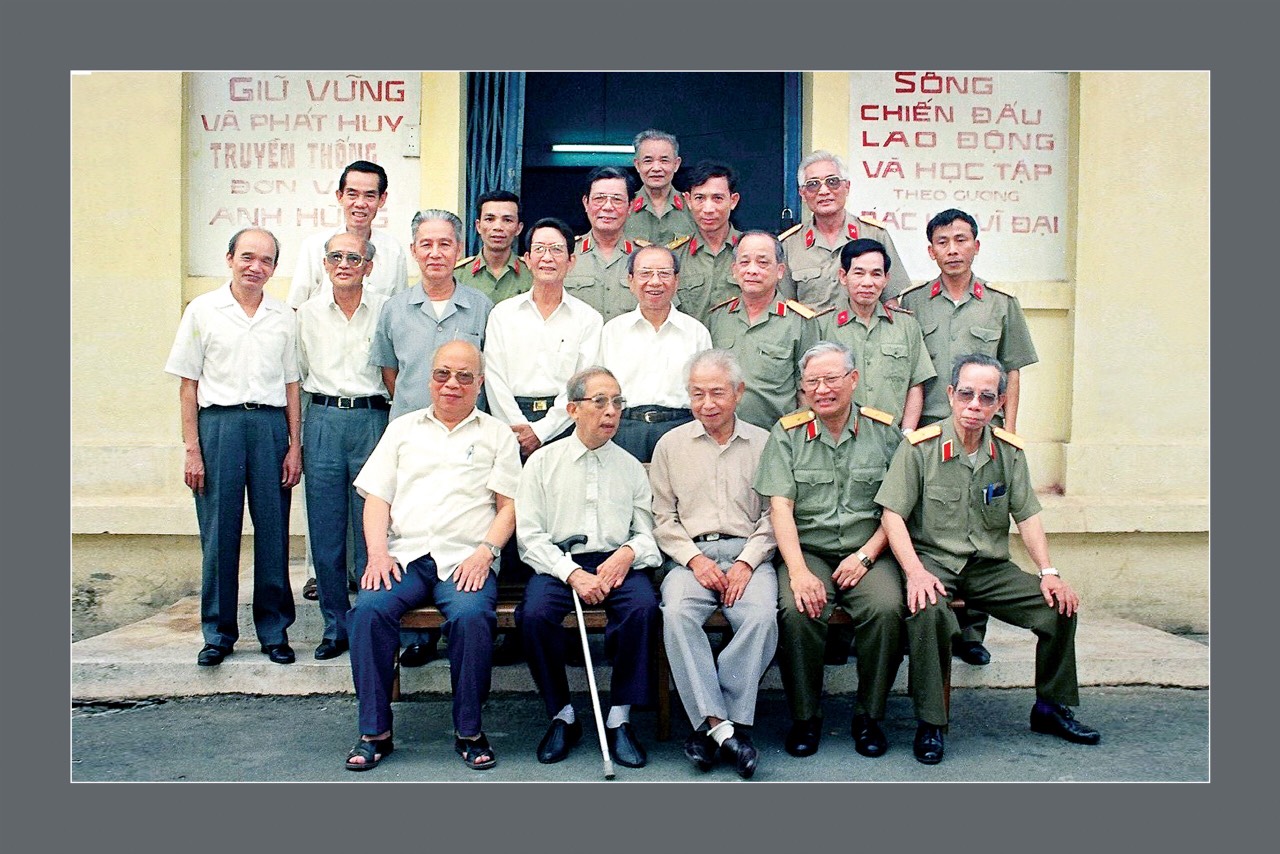
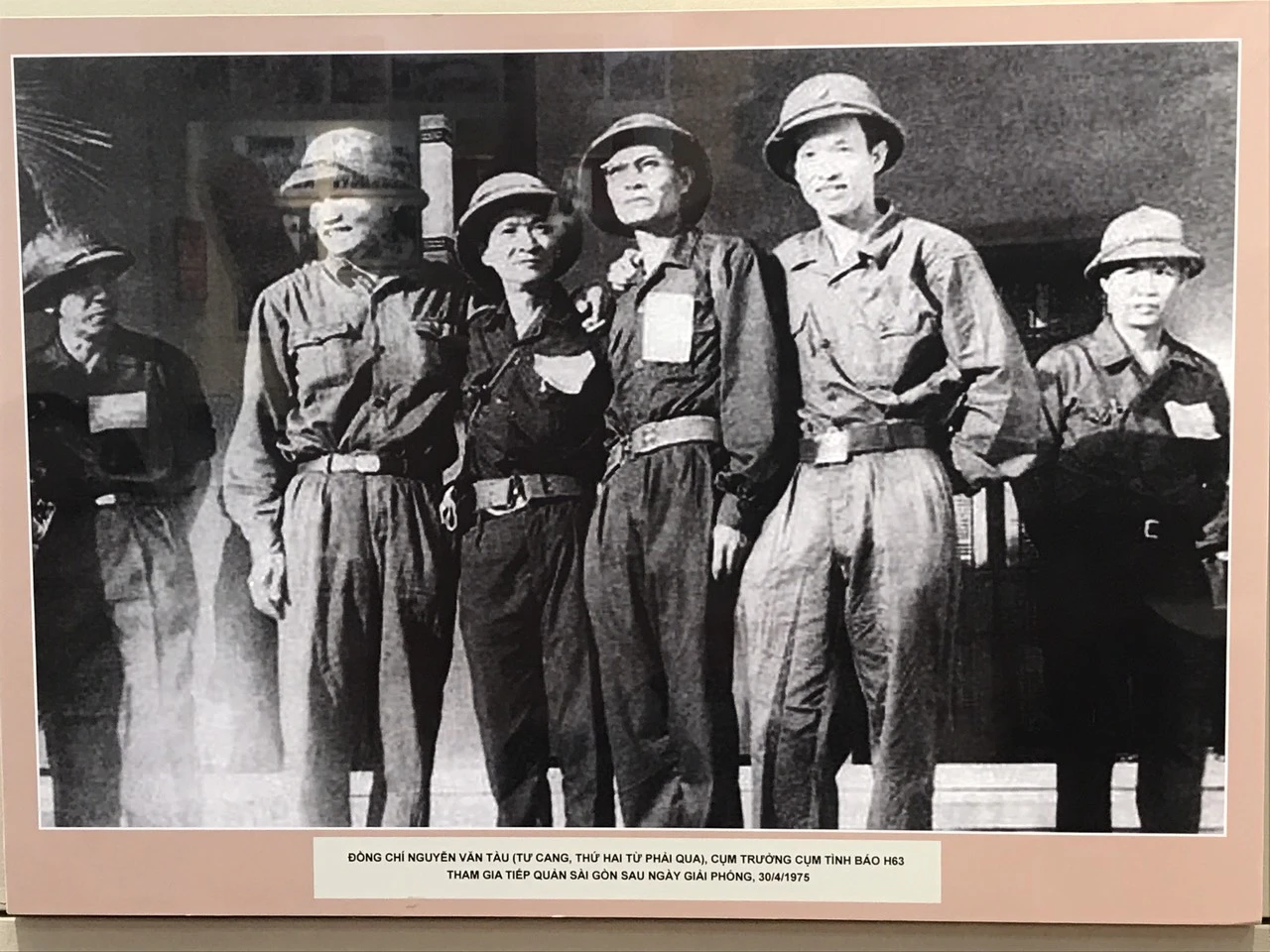
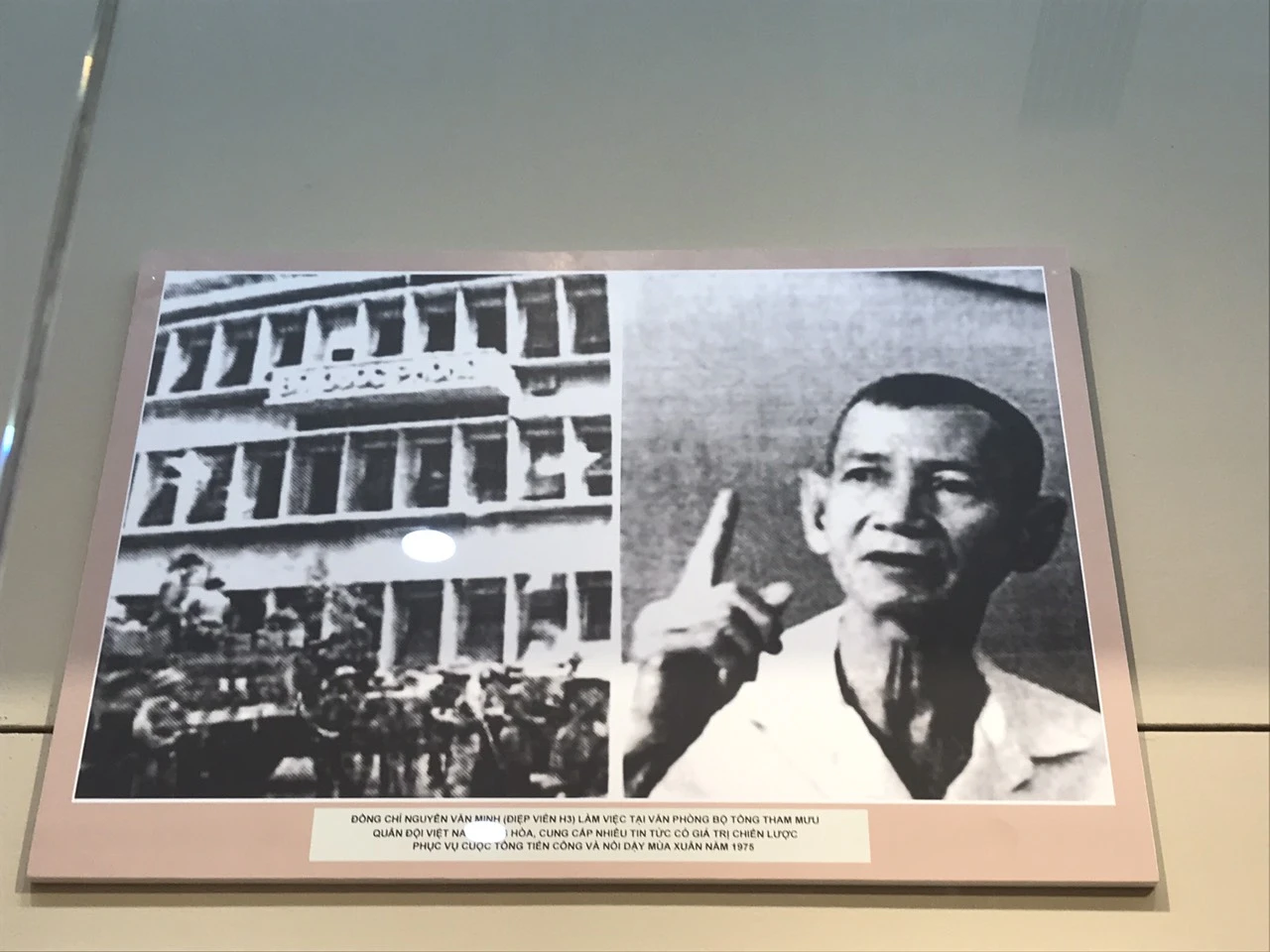
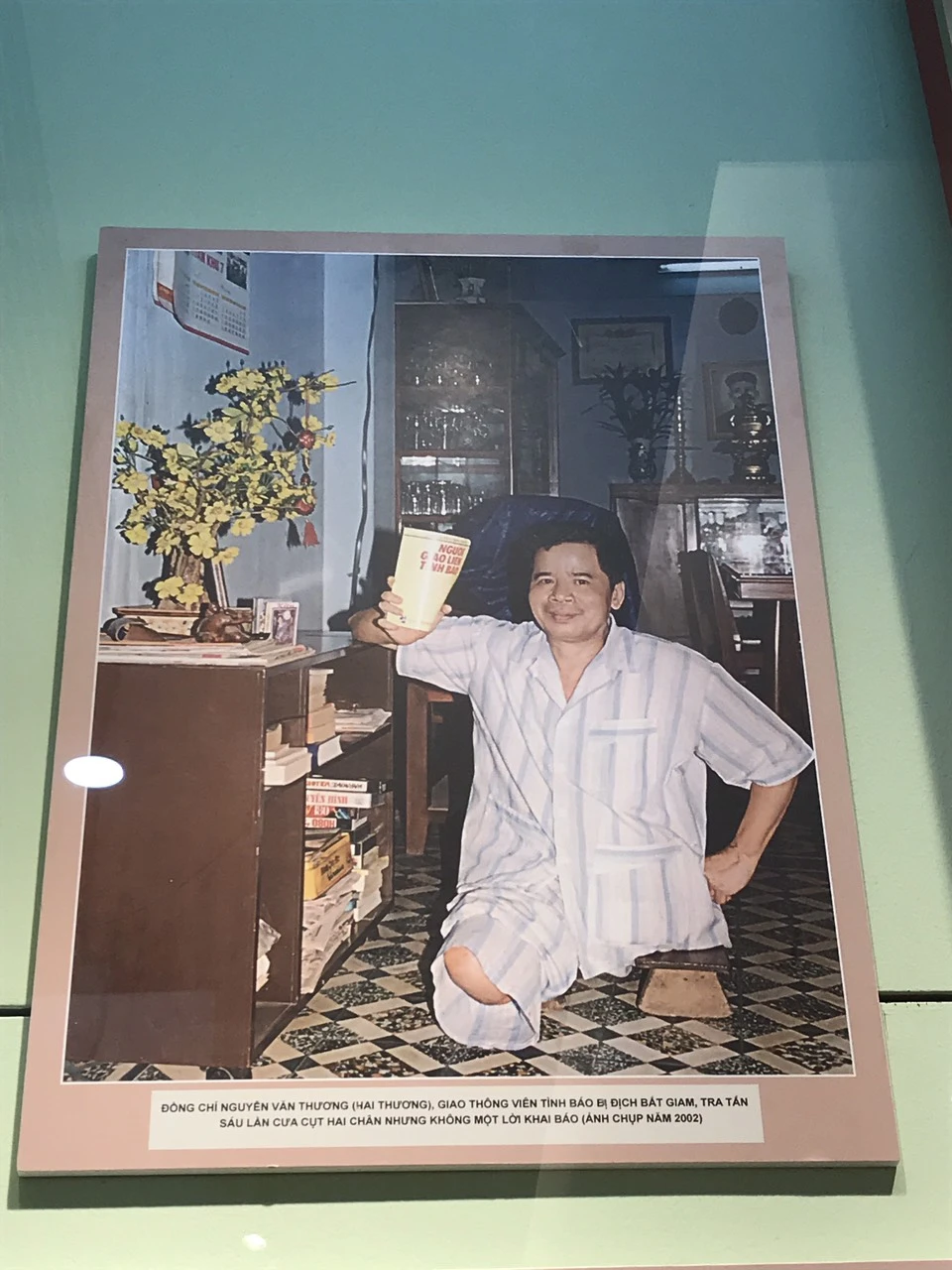
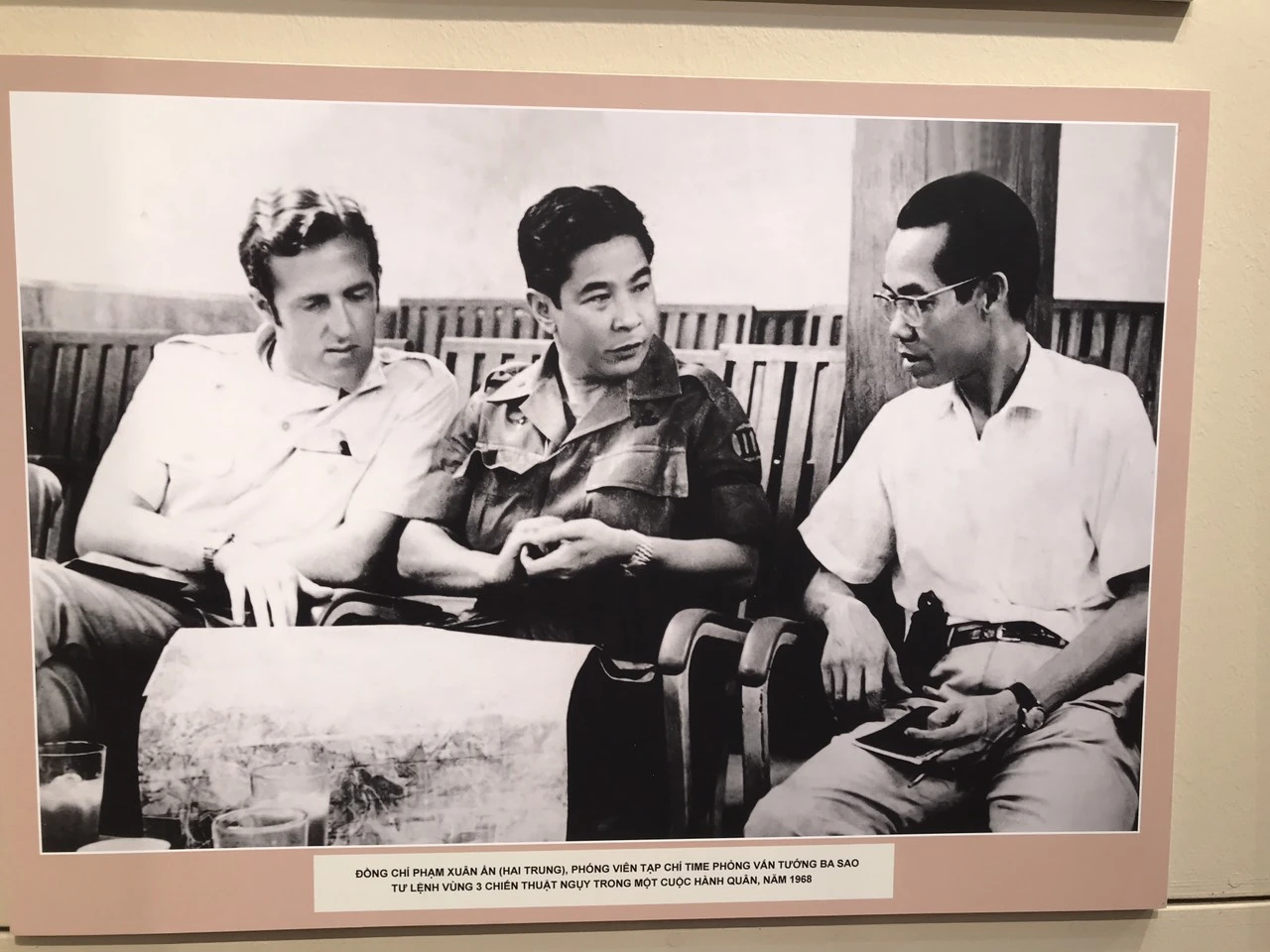


![[Photo] Prime Minister Pham Minh Chinh chairs conference on anti-smuggling, trade fraud, and counterfeit goods](https://vphoto.vietnam.vn/thumb/1200x675/vietnam/resource/IMAGE/2025/5/14/6cd67667e99e4248b7d4f587fd21e37c)



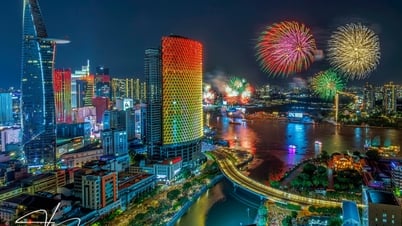

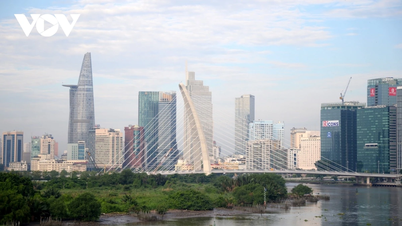

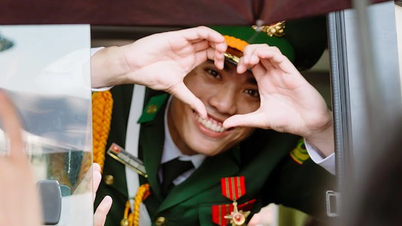

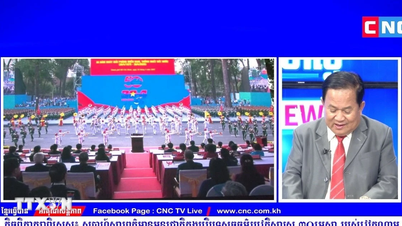

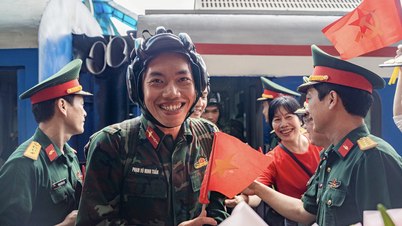

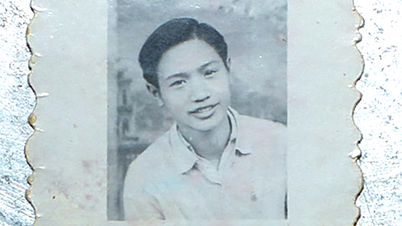
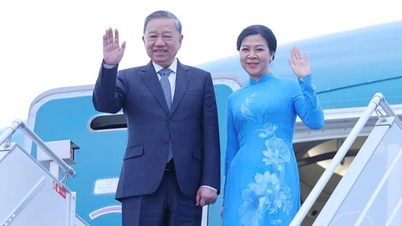

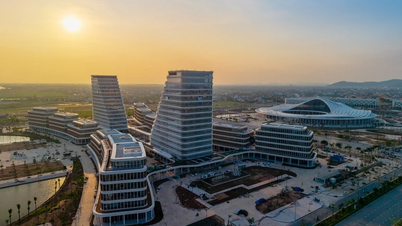


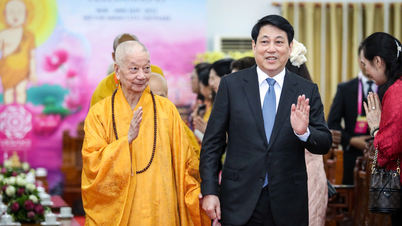




![[Photo] Prime Minister Pham Minh Chinh chairs conference on anti-smuggling, trade fraud, and counterfeit goods](https://vphoto.vietnam.vn/thumb/402x226/vietnam/resource/IMAGE/2025/5/14/6cd67667e99e4248b7d4f587fd21e37c)

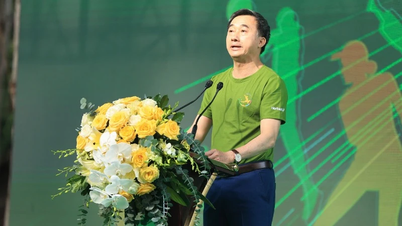
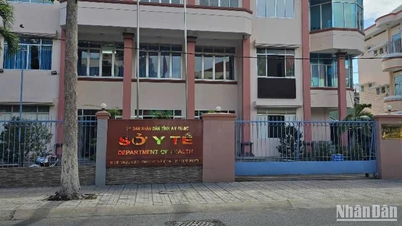
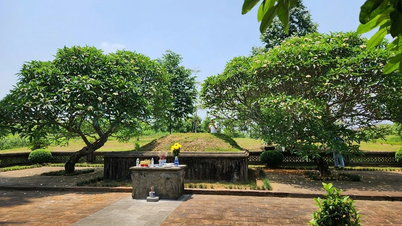
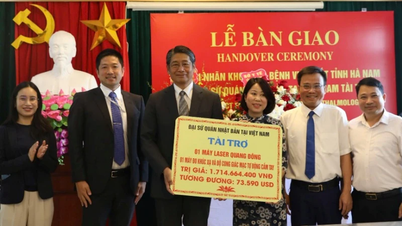
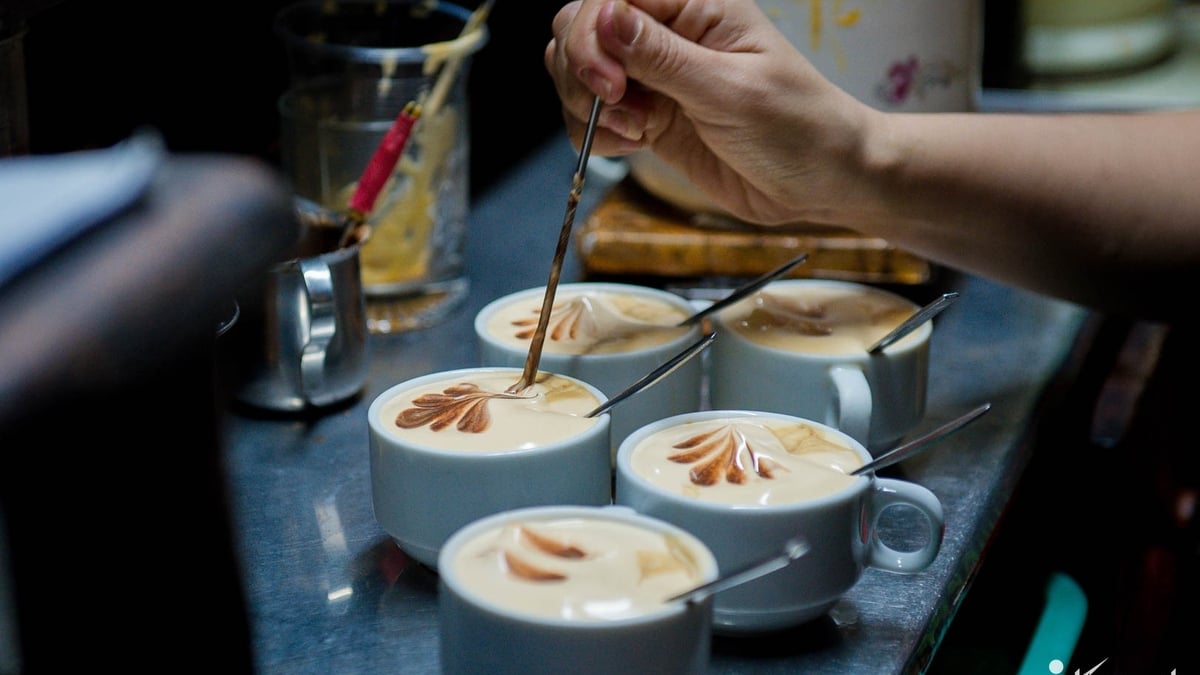


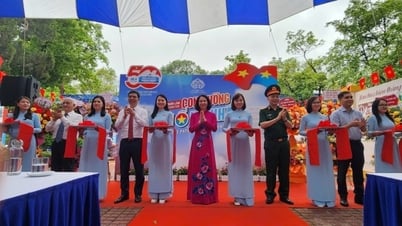

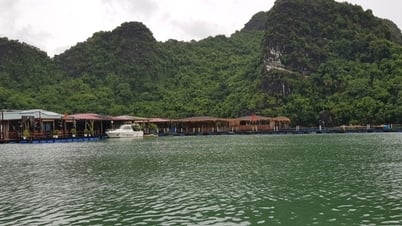








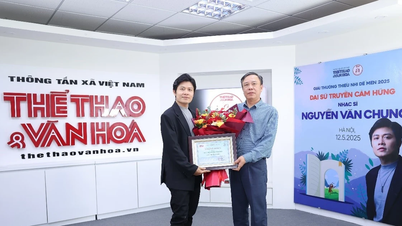
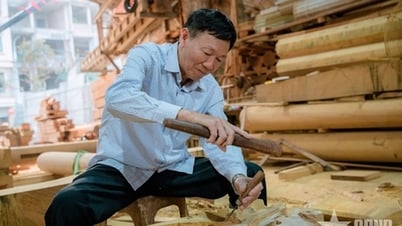

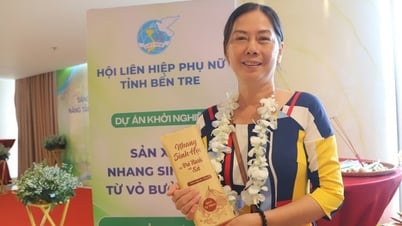










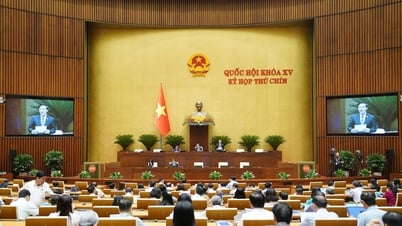

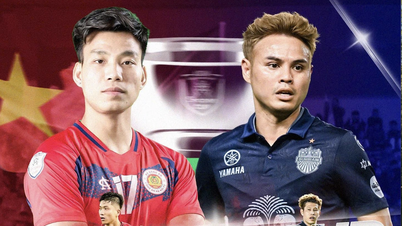

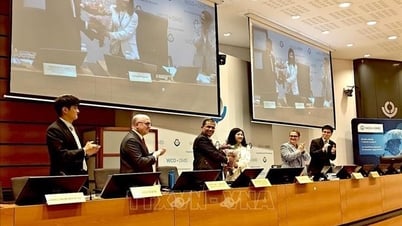



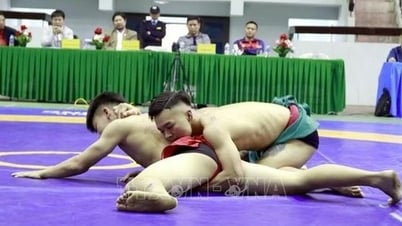

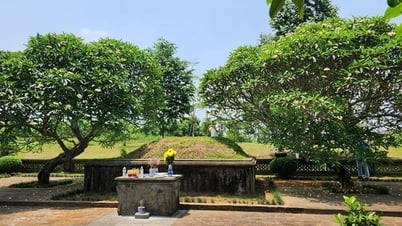
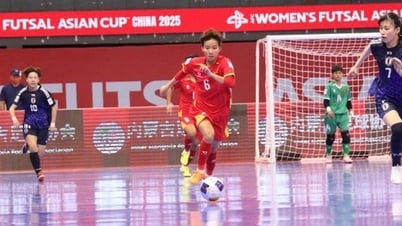
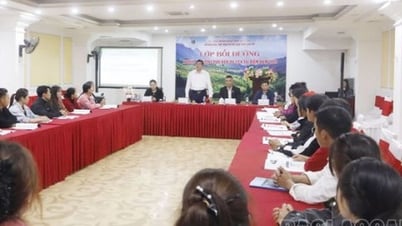
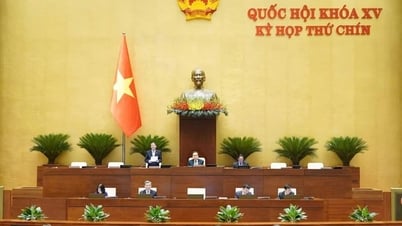

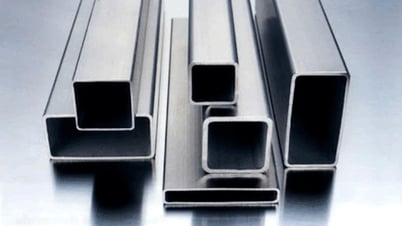

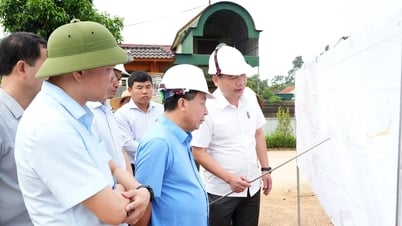
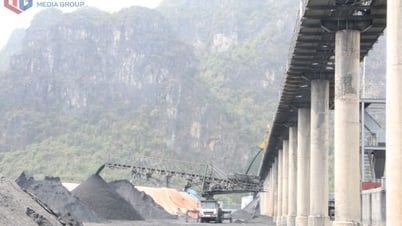

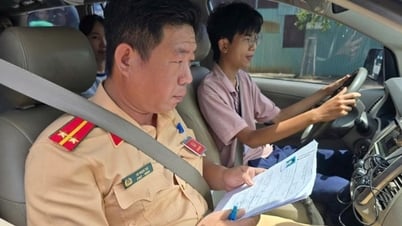

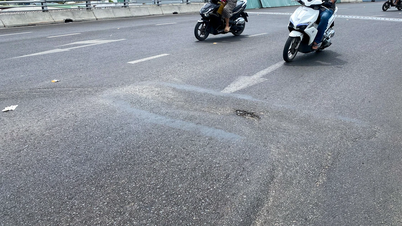
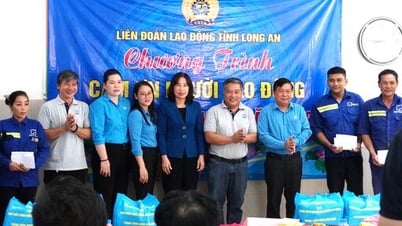








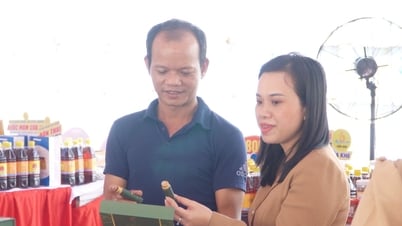

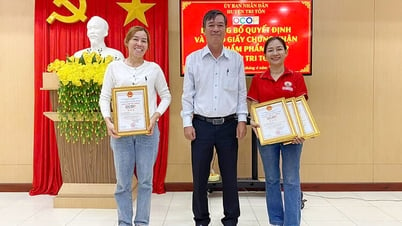



Comment (0)